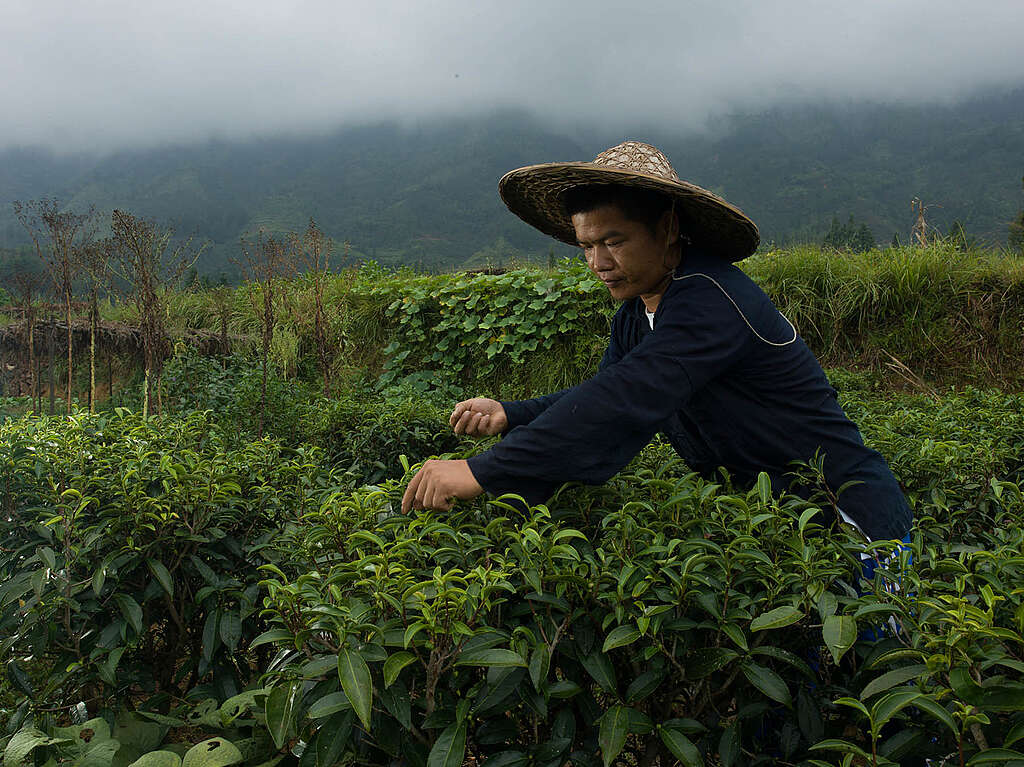Tea is big business in China, and central to entire regional economies.

Parts of Yunnan that traditionally cultivate tea leaves will soon become unsuitable to grow this crop, as tea trees are particularly sensitive to temperature changes, according to tea maker Chen Chongmu and agricultural scientist Li Xin, who were recent guests on the podcast Road to Tomorrow to discuss one barometer of climate change: the tea business.
Longjing and Pu’er, two of China’s most famous teas, were central to the conversation, as Chen and Li explained the risk to tea types and why it’s important for climate researchers.
The experts also discussed the region focus of tea production. As parts of Yunnan may lose the climate that has turned them into tea hubs, some parts of Shandong in the northeast are now identified as potentially being after to grow more tea, though the systematic nature of climate change makes it hard to assess in a reliable way.
Ultimately, if adaptations are implemented now, the researchers say that most major tea types will survive, while some delicate varieties may be lost.
Greenpeace’s Beijing office supports podcasters in discussing climate change by providing research materials on climate change and providing a strong research-basis to approach the topic.
This initiative focuses on breaking out of pre-defined silos that limit discussion of environmental issues. The results are more powerful than anything we could create by ourselves, and our research support enables creators to put climate change and its impact on people at the center of the conversation.



